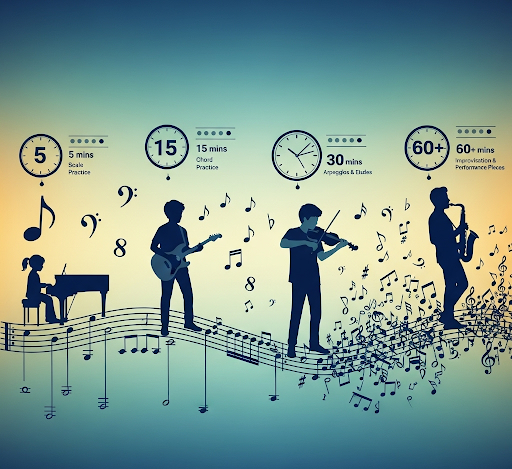The Zio system represents cutting-edge technology integration within premium hospitality environments, where sophisticated audio equipment, automated lighting controls, and seamless entertainment systems create immersive experiences for discerning clientele. This advanced technological framework demonstrates how systematic approaches to complex operations can enhance service delivery. The best part, it does all these things while maintaining the personal touch that defines luxury entertainment venues.
Professional establishments recognize that mastering intricate systems requires dedicated training, consistent practice, and ongoing refinement to achieve the precision and reliability that sophisticated clientele expect from premium service providers. Understanding realistic timelines for skill development helps set appropriate expectations and maintain motivation throughout the learning process, whether mastering hospitality technology or developing musical abilities.
Factors Influencing Learning Speed
Individual learning rates vary significantly based on previous musical experience, natural aptitude, available practice time, and quality of instruction received throughout the learning process. Age affects learning speed, though adults bring analytical skills that can compensate for slower motor skill development.
Musical background in any instrument provides foundational knowledge about rhythm, notation, and theory that accelerates progress when learning additional instruments, regardless of the specific techniques required.
Beginning Stage Expectations
Most instruments require three to six months of consistent practice before students can play simple melodies and demonstrate basic technique competency. This initial period focuses on developing proper posture, hand position, and fundamental motor skills. Daily practice sessions of 20-30 minutes prove more effective than longer, infrequent sessions for building muscle memory and maintaining steady progress during the foundational learning phase.
Intermediate Development Timeline
The intermediate phase typically spans one to three years, during which students develop increased dexterity, expanded repertoire, and improved musical interpretation skills that allow for more complex piece performance. Scale practice and technical exercises become crucial for developing the finger independence and strength required for advanced techniques, though progress may feel slower as challenges increase.
Achieving advanced proficiency typically requires five to ten years of consistent practice, depending on the instrument’s complexity and the player’s goals for performance level and repertoire mastery. Professional-level playing demands thousands of hours of focused practice, specialized instruction, and performance experience that develops stage presence and technical reliability under pressure.
Instrument-Specific Considerations

Piano offers visual layout advantages that help students understand music theory concepts, though developing independence between hands requires significant coordination practice and patient repetition of exercises. String instruments like violin require precise intonation skills that take years to develop, as players must train their ears and fingers to find exact pitches without fret guides or fixed keys.
Focused, mindful practice sessions produce better results than mindless repetition, requiring attention to technique details, musical phrasing, and gradual tempo increases that build solid foundations.
Regular performance opportunities, even informal ones, accelerate progress by providing motivation, revealing areas needing improvement, and building confidence in musical abilities through practical application.
Long-Term Skill Maintenance
Musical proficiency requires ongoing practice to maintain technical abilities and expand repertoire, though established players need less daily practice time to preserve their skill levels compared to beginners.
Advanced musicians often shift focus toward musical expression, interpretation, and ensemble skills rather than basic technique development, pursuing artistic growth that continues throughout lifelong musical journeys. Consistent engagement with challenging repertoire prevents skill atrophy while providing continued satisfaction and growth opportunities for experienced players seeking musical fulfillment.